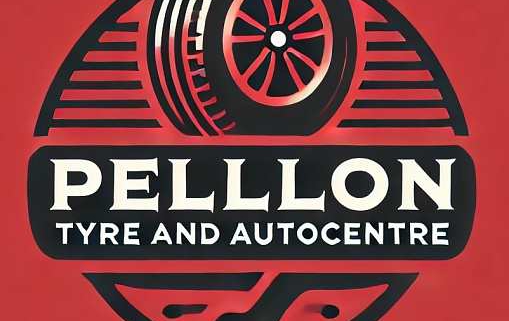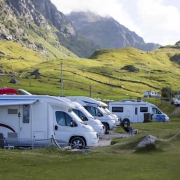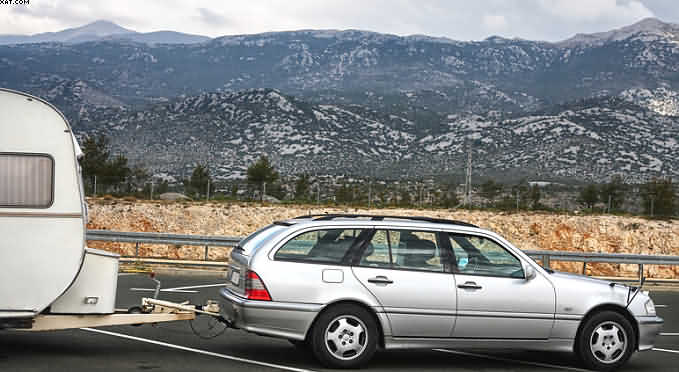Caravan Tyre Pressures
Table of Contents
Caravan tyre Pressures
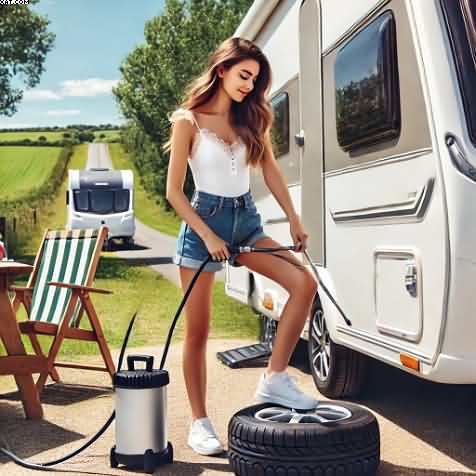
Caravan tyre Pressures
It advises vehicle owners to check the Caravan Tyre Pressures with an accurate pressure gauge before every journey and, if possible, with cold tyres.
Eric Roberts‘s insight:
Hello there, all you people who are interested in caravans! Can you guess what we’re going to be exploring today? Tyre Pressure Monitoring Systems, or TPMS for short, are that seemingly insignificant piece of technology that you might have overlooked.
Now, I am aware that you may be thinking, “Hey, I have gotten along just fine without it,” but bear with me here. In all seriousness, this may end up being a game-changer for your various road trips.
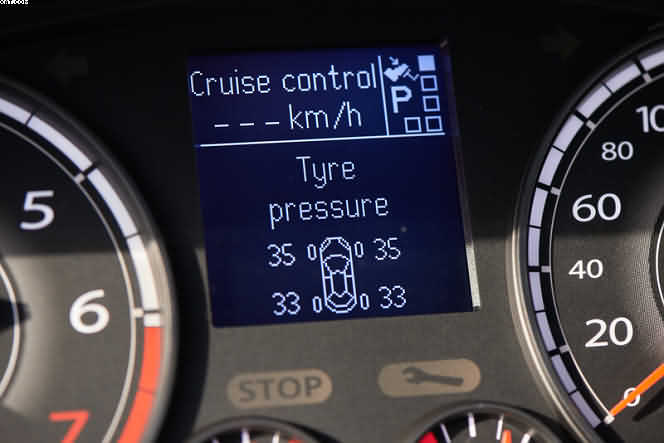
To begin, let’s put safety first. Is that correct?
We’ve all heard those terrifying tales about caravan tyres exploding while they’re out enjoying the sunshine. It came as a complete surprise, which was both annoying and potentially harmful. When you have TPMS, you will receive real-time updates on the condition of your tyres. If there is a problem, you will notice it right away. Instantly.
Second,
let’s discuss how effective we are. Tyres that have been adequately inflated? They ensure that everything in the world, or at the very least your caravan, runs smoothly. It means improved fuel efficiency as well as a more comfortable ride. The reduction in fuel consumption that you will experience as a result of installing TPMS will practically pay for the system itself.
Third,
we have a long history of success. Have you ever changed the tyres on a caravan? It’s quite pricey, don’t you think? It’s possible to extend the life of your tyres by making sure they have the correct amount of pressure in them.
Tyres that last longer mean they need to be replaced less frequently. Fewer replacements means more money available for investments in other aspects of the caravan. Win-win.
Fourth,
let’s get down to brass tacks and discuss the specifics. When it comes to tyre pressure monitoring systems (TPMS), there are two types: direct and indirect.
Since the sensors for direct systems are installed directly within the tyre, they provide the most precise readings possible. Indirect systems, on the other hand, determine the pressure based on the speed at which the wheels are turning. These systems are typically less accurate than direct systems. Therefore, carefully consider your options.
Now, let’s talk about the drawbacks,
which, unfortunately, are quite a few. A major factor is the cost. The cost of a quality TPMS system can be quite high. However, think of it as an investment in the security and calmness of your life.
In addition to this, you need to keep a close eye on the TPMS batteries. Even though they typically last between 5 and 6 years, you should still double-check this.
The installation comes in last, but it’s certainly not least. It is possible that you will require the assistance of a professional, particularly with direct TPMS. However, once it is set up and operational, the process of using it is normally not too complicated.
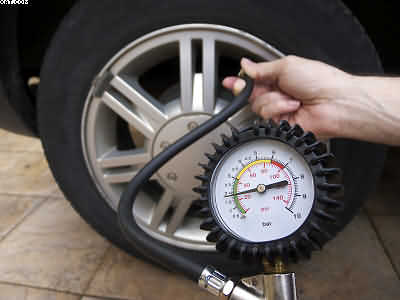
In conclusion,
everyone, a tyre pressure monitoring system (TPMS) is not merely a desirable add-on for your caravan; it is essential. And considering the benefits of having a worry-free ride while you’re out on the open road, this is a small price to pay. Keep those pedals to the metal and that sense of adventure burning brightly until we meet again!
You now have a complete, unadulterated understanding of the necessity of installing a Tyre Pressure Monitoring System into your caravan after reading the preceding 700 words. Do yourself a favour and don’t go to bed thinking about this. First things first, don’t put your safety in danger! People, have a wonderful time travelling!
This rig is a good example for caravan owners to check their Caravan tyre pressure at regular intervals.
Importantly, you should increase and decrease your caravan tyre pressure before and after every trip. Significantly, it is very important to do this before, say, your holidays. Of course, when the caravan is fully loaded, So, then you must lower the caravan tyre pressures. Consequently, when you return and unload the weight,
So, we have all seen many caravan rigs travelling down the motorway swaying from side to side. The main reason is that the tyres are underinflated. Often causes accidents! So please check and correct your caravan tyre pressures, fit a TPMS (tyre pressure monitoring system) if possible, and be safer on the roads. A brilliant web site to visit for advice is...www.tyresafe.org
Continental tyres are releasing a tyre Pressure Check system that will help sustain the length of a tyre’s life cycle. At the moment, it is being tested at port logistics and other goods handling locations, but it is expected to be used in applications such as caravans where slow and continuous loss of pressure is one of the most common causes of tyre punctures.
In contrast to comparable systems,
Conti-Pressure-Check system is located inside the tyre, where the pressure and temperature are monitored all the time by a sensor.
All theA mounted central receiver receives all of the data that the sensor sends via blue tooth.eceiver will process the information and then send it directly to the display in the driver’s cab. In my opinion, this would be a perfect system for a towing vehicle.
Such as a caravan or a trailer. Significantly the tyre pressures that may fluctuate between the actual caravan tyre pressures. Of course, will show the driver immediately when to inflate the tyres correct pressure.
Consequently, this type of monitoring means the risks of blowout accidents are reduced. reducing the site of a crashed caravan torn to pieces. Hence turned on its back on the side of the highway. Ruining the peoples holidays.
A Continental CST spokesman says
So, making sure of the right caravan tyre pressures not only extends the tyre’s life and makes it safer, it also ensures that the vehicle has lower energy consumption, but this will mean a better thing for the environment since CO2 emissions will be cut.
Forward to 2024 here at Pellon Tyres we are now members of Tyresafe.org to help promote safety.
- Battery Storage systems
- Brake Juddering Causes: What is it?
- Fiat Punto Clutch problems: since 2004? Popular car in Halifax UK
- Tyre Pressure Monitoring Systems
- Shock Absorbers Nissan Micra
See on www.etyres.co.uk
